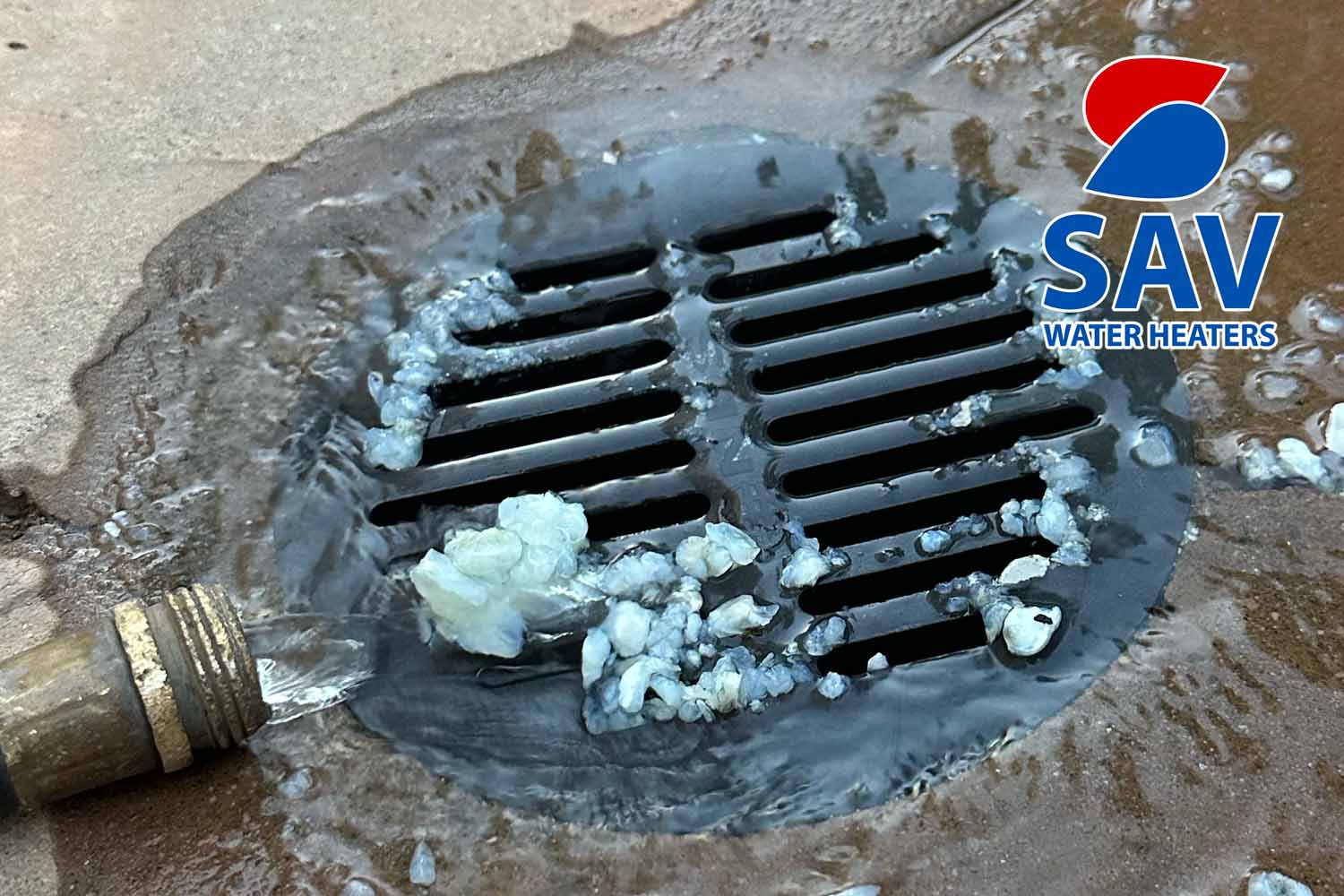Your water heater is one of the hardest-working appliances in your home, quietly providing hot water for showers, laundry, dishes, and more. Given its workload, it’s no surprise that it may occasionally make some strange noises. A noisy water heater often signals that something isn’t functioning as it should, whether it’s a minor issue or a more serious problem requiring attention. In this guide, we’ll explore some of the most common water heater noises, what they mean, and how to address them before they lead to bigger issues.
 Common Water Heater Noises and Their Causes
Common Water Heater Noises and Their Causes
1. Humming Noise
If your water heater produces a low humming sound, it’s usually a sign of loose components vibrating as water flows through the system. While humming may not signal an immediate problem, it can be an indicator that something is slightly out of place or needs tightening.
Solution:
To fix the humming noise, turn off your water heater to avoid any potential hazards. Inspect the heating element and ensure all connections and screws are secure. Tighten any loose parts and turn the system back on. Regular inspections can prevent these small issues from becoming bigger problems.
2. Knocking or Hammering Sound (Water Hammer)
A loud banging or knocking noise, often called a "water hammer," happens when water quickly stops or changes direction within the pipes, causing a shockwave. This noise could also be caused by sediment buildup at the bottom of the tank, preventing steam bubbles from escaping smoothly, leading to occasional banging.
Solution:
Install a water hammer arrestor to absorb the shock of quickly moving water. This is a small, affordable device that can be installed near the water heater or along your plumbing lines. If sediment is the issue, flushing the water heater tank regularly can help remove the buildup and reduce the knocking sounds.
3. Screeching Noise
A high-pitched screech or squeal coming from your water heater may sound alarming, but it’s often caused by a partially closed valve. When water is forced through a restricted valve, it creates pressure, leading to that sharp, screeching noise.
Solution:
Check the inlet and outlet valves of your water heater to make sure they are fully open. A closed or partially closed valve restricts water flow and causes the screeching sound. Opening the valve should eliminate the noise.
4. Popping or Banging Sounds
Popping noises usually occur when sediment builds up at the bottom of the water heater tank. This buildup creates air bubbles as water is heated, which can result in popping or even small banging sounds. Hard water areas are particularly prone to this type of noise due to the higher mineral content.
Solution:
To resolve this, flush your water heater at least once or twice a year. This process involves draining the water from the tank to remove the sediment. If you live in an area with particularly hard water, consider installing a water softener to reduce the amount of minerals entering your system.
5. Clicking or Ticking Noise
Clicking or ticking sounds are often caused by the expansion and contraction of metal parts inside the water heater as they heat up and cool down. This is common and usually not a cause for concern, but it can be bothersome.
Solution:
These sounds are generally harmless, but if they persist or become louder over time, check for loose connections in your system. Ensure that the water heater’s components are securely fastened to minimize the vibrations.
6. Hissing Sound
A hissing noise usually indicates that steam is escaping from the water heater or that the tank is overheating. This could be due to a leak in the pressure relief valve or excessive sediment buildup.
Solution:
Inspect the pressure relief valve to ensure it’s functioning correctly. If the hissing continues, you may need to flush the tank to eliminate sediment buildup. If the problem persists, it’s time to call a professional plumber to inspect the unit.
7. Whistling Noise
A whistling sound is usually caused by a gap or restriction in airflow, often coming from the vents or the flue of a gas water heater. This is commonly due to a loose or damaged venting system.
Solution:
Check your vent system for obstructions or loose connections and fix them as needed. Proper venting is crucial to the safe operation of your gas water heater, so ensure everything is tightly connected and functioning properly.
Preventing Future Noises: Water Heater Maintenance Tips
Noises coming from your water heater are often a sign that it’s time for some routine maintenance. Here’s what you can do to keep your water heater running quietly and efficiently:
1. Flush the Tank Regularly
Sediment buildup is the most common cause of water heater noises. To prevent this, flush your water heater every 6 to 12 months. Turn off the power and water supply, then drain the tank to remove any sediment. This will help maintain the heater’s efficiency and extend its lifespan.
2. Install a Water Softener
If you live in an area with hard water, installing a water softener can reduce the amount of minerals entering your water heater, preventing sediment buildup and reducing noise over time.
3. Check the Pressure Relief Valve
Ensure the pressure relief valve is functioning correctly. If this valve is faulty, it can cause excessive pressure buildup, leading to various noises and potentially even tank damage.
4. Tighten Loose Parts
Regularly inspect the water heater for any loose screws, bolts, or other components. Tightening these parts can prevent vibrations and reduce humming or clicking noises.
When to Call a Professional
While many water heater noises can be resolved with basic maintenance, others may indicate a more serious issue. If your water heater is making persistent or unusual noises that don’t go away after troubleshooting, it’s best to call a professional plumber for a thorough inspection. Addressing the problem early can prevent more costly repairs or even the need for a full water heater replacement.